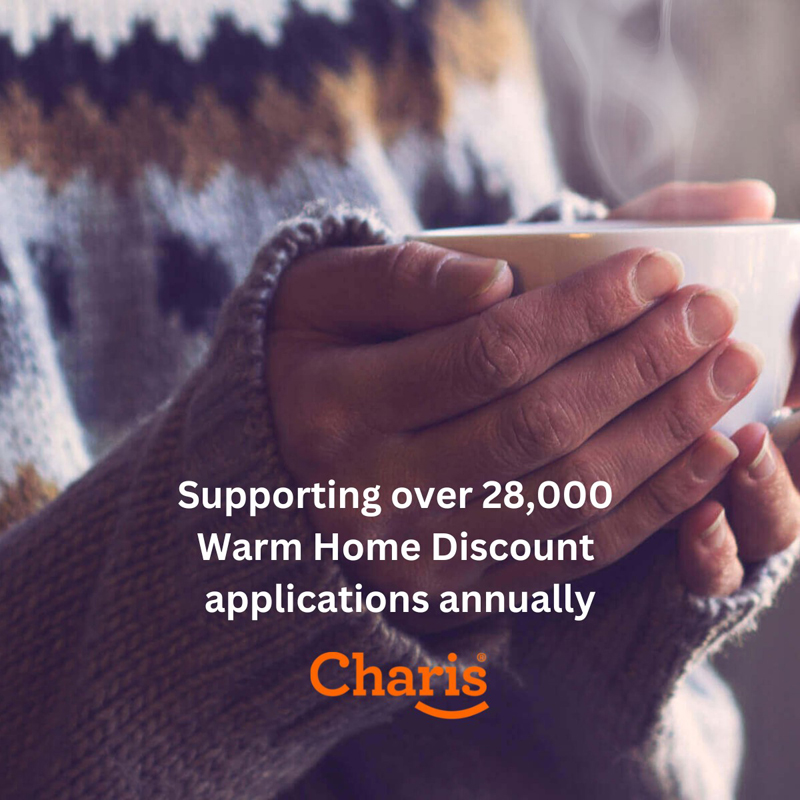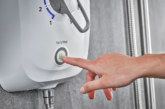Ollie Gray, Business Development Director of Charis, explains how funding for the replacement of electrical kitchen appliances can help social housing residents survive the cost-of-living crisis.
While it is generally well known and accepted that hardship grants are available to help support vulnerable social residents with energy bills and supermarket vouchers, the actual scope of what you can buy is actually far wider.
Someone on benefits may be eligible to apply for a grant to help them refurbish their home, whether it is replacing worn out furniture with new items or swapping inefficient electrical kitchen appliances with higher energy-rated, energy-efficient replacements, or indeed investing in the latest cooking technology, such as air fryers and slow cookers, which use significantly less energy than traditional ovens.
To this end, charis proactively pursues partnerships with organisations that can work with the company through its charis shop platform in the more practical distribution of funds. Working in conjunction with housing associations, charities and local authorities, vulnerable clients living with substandard (often unregulated, non-compliant) electrical appliances can verify eligibility criteria and ensure that the most needy have access to funds that can help them with essential items.
Charis has made the scheme quick and simple for all parties involved — a resident can approach their housing association, and together they can fill in an eligibility form
online through the charis shop. providing the applicant meets the relevant criteria, a voucher or digital payment card will be issued in minutes, which can be redeemed with participating retailers such as Argos, Currys and Asda.
 Collaboration and support
Collaboration and support
We are looking at a much longer term, more stable process to providing help and support, as opposed to simply throwing money at a problem as a temporary solution. Much like it is better to give someone the right equipment and teach them to fish — enabling them to buy A+++ energy rating appliances that are going to help reduce their energy bills to more self-sustainable levels. For example, switching from a D-rated to an A+++ rated washing machine could reduce costs by 50%. A c-rated fridge typically uses 232 kWh per year. Swapping this for an A+++ rated fridge will automatically reduce this to 72 kWh — this will make a huge difference to household bills.
Equally, it eases the stress that many households go through when the family budget is limited and unpredictable events happen, such as the washing machine breaking down — and there are no spare funds to replace them. Too often, families rely on old, inefficient, and unpredictable appliances that should be swapped out as a matter of course.
Having a safety net through the charis shop can stop households that are on edge from going under.
Recently, Charis and Tillo came together to extend the number of retail outlets available to households through the shop. this collaboration is an example of how our targeted assistance will help to optimise the public funding allocated to hardship to ensure that the benefits of the grants are felt over a longer period of time.










